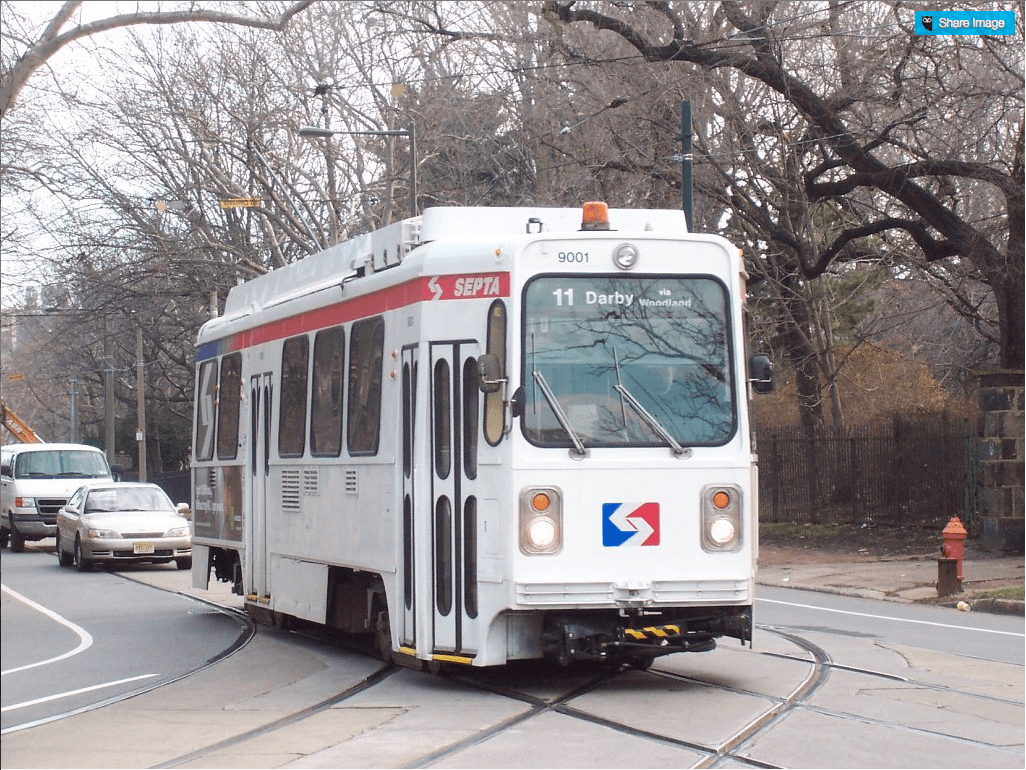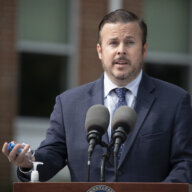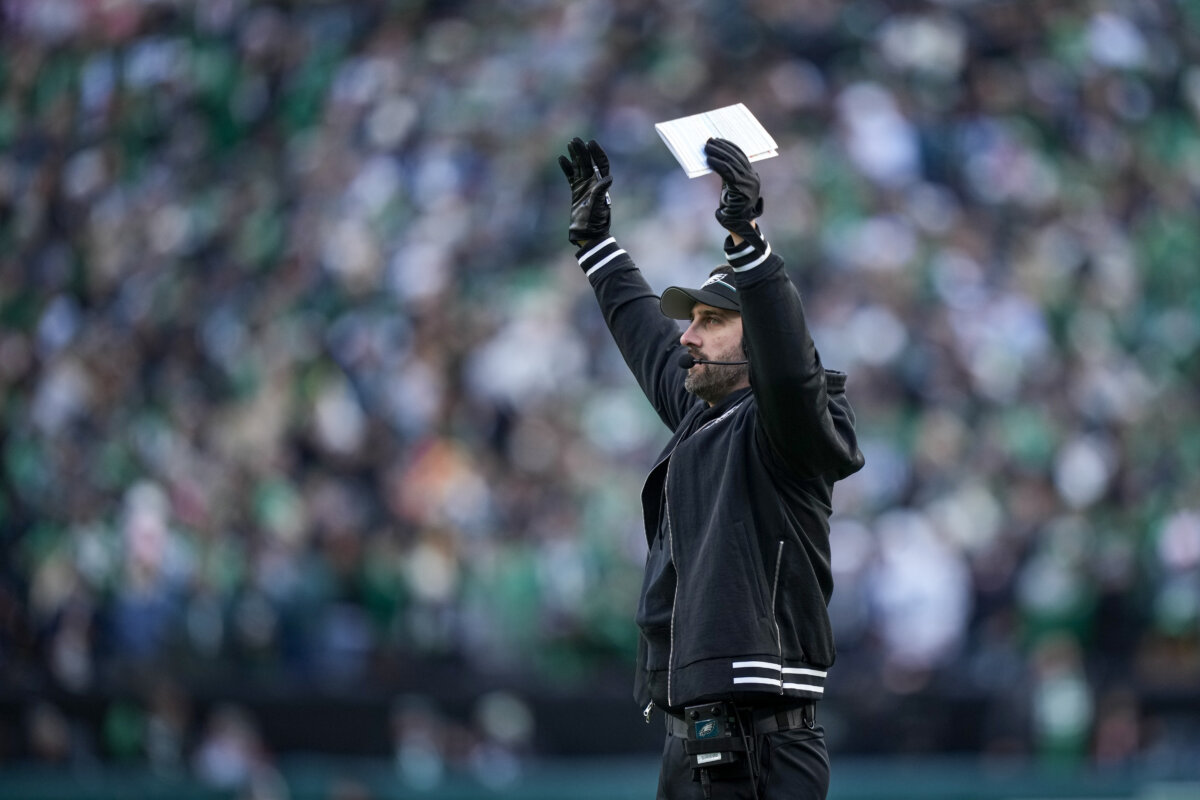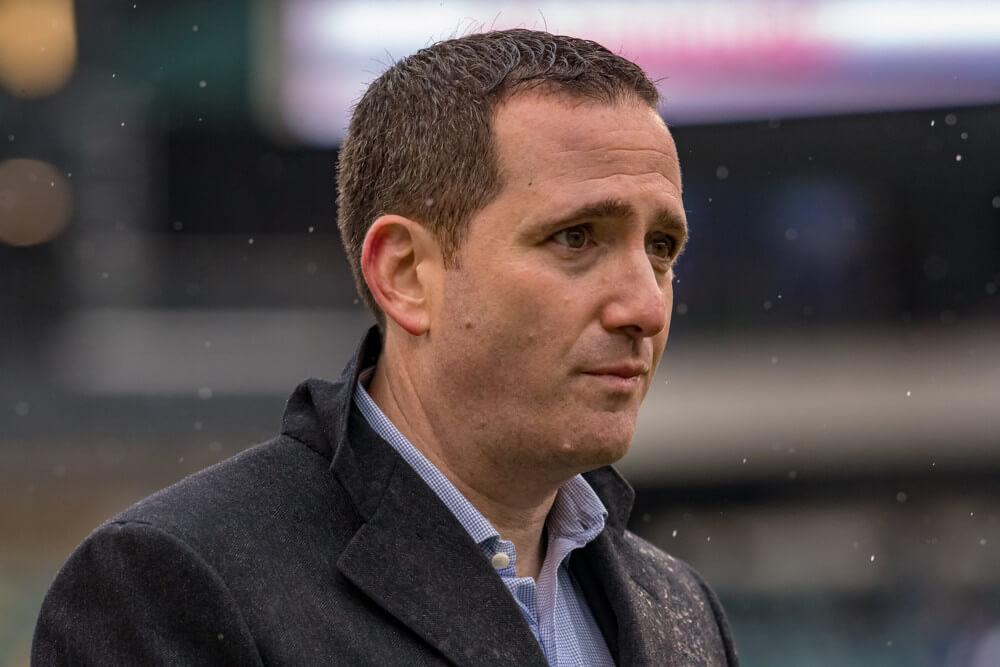SEPTA train, trolley and bus riders may have to find alternative transportation options starting on Monday morning.
SEPTA’s largest union — Transit Workers Union Local 234 — will hold a strike authorization meeting on Sunday. If the union — bus, train and trolley operators, mechanics and cashiers — decides to strike, it would go into effect Monday morning. While buses, trains and trolleys would be out of service, the Regional Rail will continue to operate on schedule.
SEPTA Spokeswoman Jerri Williams said Thursday that the transit authority will release a “Service Interruption” plan this weekend. The plan will offer alternative options in case the TWU does go on strike. The 5,000 union workers have been working without a contract since March.
In a statement posted on the TWU website, union officials claim that despite their best efforts, SEPTA’s negotiators continue to march to an anti-union tune.
“The strike is a weapon of last resort,” according to the statement. “Nobody likes to go on strike. Nobody wants to deal with the financial difficulties and sacrifices that strikes usually cause, but there comes a time when we have to stand up for ourselves and our families.” In response, the transit authority released the following statement: “SEPTA is pleased that the union leadership returned to the bargaining table last week after a six month hiatus in negotiations,” according to a news release. “SEPTA will continue to negotiate until a settlement is reached that is fair to our employees, our riders and the taxpayers of Pennsylvania.” TWU workers last went on strike in 2009, which lasted six days.
On Oct. 13, SEPTA reached a tentative deal with the the Brotherhood of Locomotive Engineers and Trainmen. On Thursday, both sides officially signed the new deal.
Sticking points
SEPTA wants to cap member’s pension benefits at $2,500 a month. This would represent a pension freeze for the life of the contract, which is proposed at five years.
Members would be asked to pay 10 percent of their health insurance premiums.
Wage increases would also be set at six percent over five years.
SEPTA workers may go on strike

Wiki Commons































